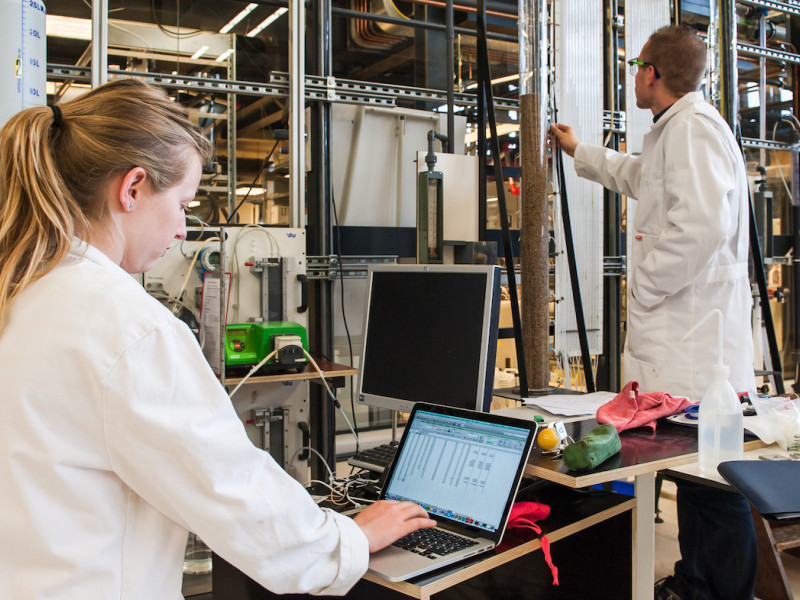Report The legal status of raw data: a guide for research practice
This report clarifies the legal protection applying to research data. It is intended for researchers who need to know what they can do with other people’s data. It also allows them to determine whether they also need to protect their own research data.
Reuse of raw research data
The opportunities opened up by IT and the Internet are making access to research results and data broader and more open. It is increasingly possible to add to the text of a publication by enriching it with other materials, including the relevant research data. By making that data accessible, it becomes easier to verify research results and to reproduce and reuse them.
Legal status of raw data
But when reusing raw research data, it is important to know the legal status of the material. Sometimes, the consent of the "author" (i.e. the "maker") of the data is required; however, some actions involving data can be carried out without consent.
Rules for protecting research data
As part of the SURFshare programme, the SIG Digital Rights requested the Centre for Intellectual Property Law (CIER) to explain the rules under which research data may be protected. The report provides an overview of the current situation on the basis of the most important legislation and case law. It consists of three sections, dealing successively with intellectual property (copyright, database right, and protection of non-original writings), privacy, and liability.
Knowledge Exchange
This report is also part of a broader research amongst the Knowledge Exchange countries Denmark, Germany and the United Kingdom: Report on the Legal Status of Research Data in the four partner countries. The report also addresses where European copyright and database law poses flaws and obstacles to the access to research data and singles out pre-conditions for openly available data.
